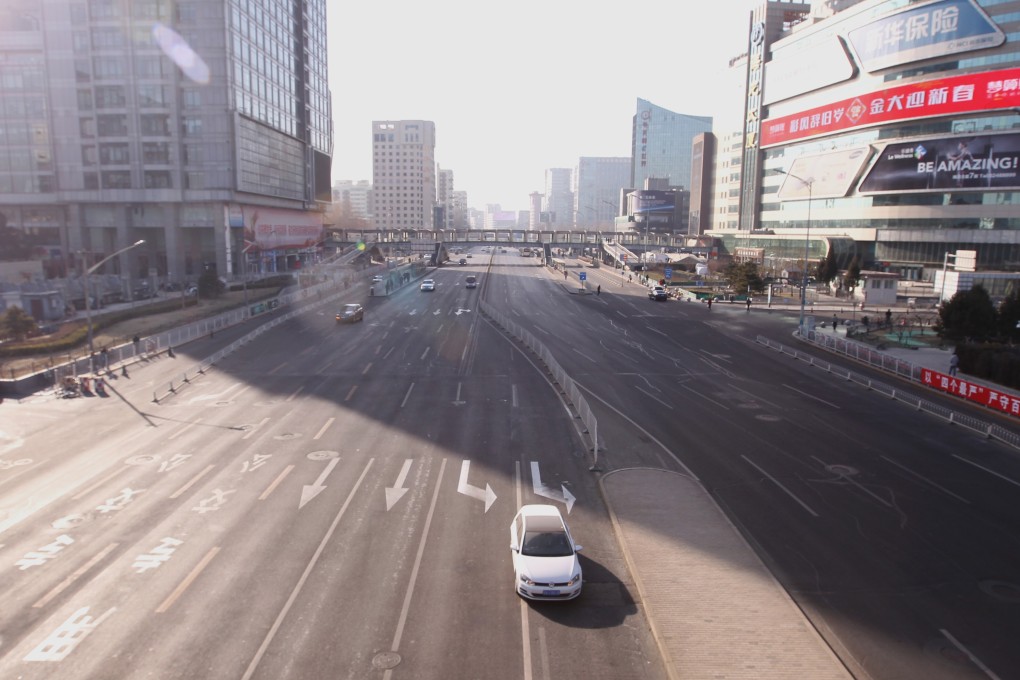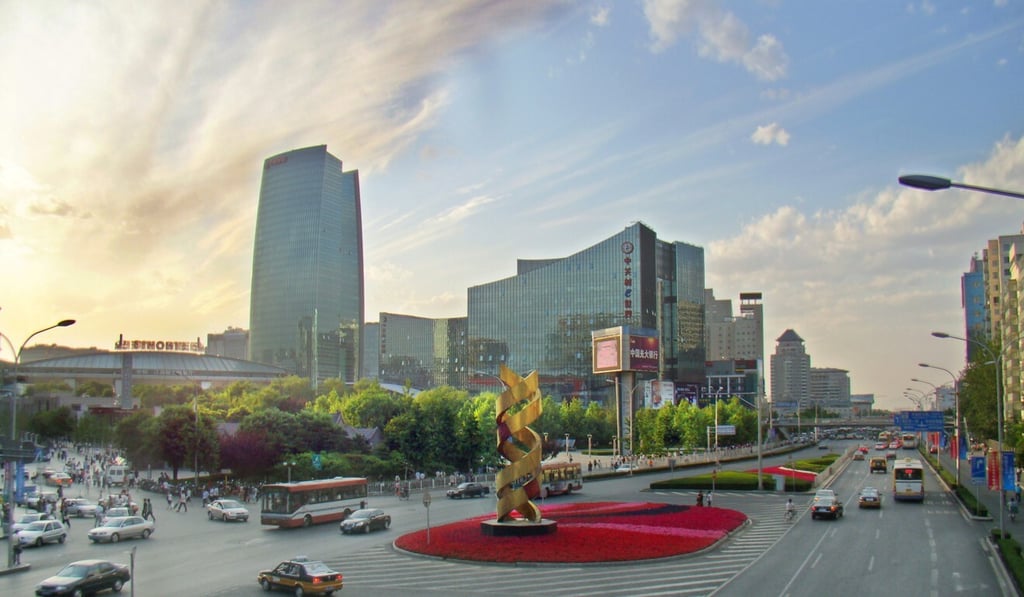China puts greater emphasis on Beijing and Zhongguancun as it looks to burnish tech credentials
- President Xi sent a videotaped speech to the Zhongguancun forum this year, which involves talks on the theme of ‘intelligence, health and carbon neutrality’
- Chinese authorities say they will work to build more innovation facilities in Beijing and the Zhongguancun area

Beijing is trying to make itself, and particularly the Zhongguancun area, a global magnet for “technology talent” and a leading destination for technology entrepreneurs to start their businesses, the city’s Communist Party secretary Cai Qi told a forum over the weekend.
China’s capital city, home to many of the country’s top schools, research institutions and leading hi-tech firms such as ByteDance and Baidu, will mobilise its resources to make the Zhongguancun Science Park, an area roughly half the size of Hong Kong, into a world-class science park and “innovation highland”, said Cai, a member of China’s Politburo.
In addition, Cai said Beijing will enhance intellectual property protection and improve services for technologically innovative enterprises.
Zhongguancun is at the heart of Beijing’s drive to strengthen its technology credentials, and the leadership’s wider ambition to create its own version of Silicon Valley – even though cities such as Shenzhen, Hangzhou and Shanghai also have strong tech centres.

President Xi Jinping sent a videotaped speech to the Zhongguancun forum this year, which kicked off on September 24 and will encompass discussions and trade shows on the theme of “intelligence, health and carbon neutrality”. Xi called for global cooperation in scientific and technological innovation in his speech while Vice Premier Liu He presided over the opening ceremony, indicating China’s desire to work with other countries on technology development despite ongoing tensions between the US and China.
Wang Zhigang, minister of science and technology, said his ministry will work closely with the Beijing government to build innovation facilities in the city, especially at Zhongguancun. Zhongguancun will serve as a “test field” and “the body at the head of the row”, said Wang, according to a government report.